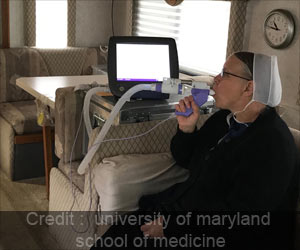
‘Congenital heart disease is the most common birth defect, affecting an estimated one million children living in the U.S. Forms of acquired heart disease affect an additional one out of every 100,000 children and adolescents annually.’
Tweet it Now
Congenital heart disease is the most common birth defect, affecting an estimated one million children living in the U.S. Forms of acquired heart disease affect an additional one out of every 100,000 children and adolescents annually. Children with CAHD often have complex diseases and many require life-long medical care. As part of their care, they often require cardiac imaging procedures that use ionizing radiation. While these imaging procedures, including fluoroscopically guided procedures such as cardiac catheterization, computed tomography scans, and nuclear medicine studies, are critical for accurate diagnosis and intervention, ionizing radiation in high doses can be harmful. There is general recognition that procedural ionizing radiation doses should be kept as low as reasonably achievable. "There is a need for consensus recommendations for ionizing radiation dose optimization and a regulation of dose metrics across imaging procedures," said lead author Kevin D. Hill, MD, Division of Pediatric Cardiology, Duke University Medical Center. "Our goal is to focus on approaches that, when properly implemented, will lessen radiation risks for children with heart disease while still allowing the imaging procedures to be effective."
Recommendations include strategies for dose optimization during:
Cardiac computed tomography procedures, including approaches that can be implemented during patient preparation, as well as scanner-based approaches.
Nuclear cardiology procedures, including procedural approaches and guidelines for determining administered activity in children.
Advertisement
Other strategies to improve care include a patient-centered approach to imaging, emphasizing education and informed decision making, and programmatic approaches to ensure appropriate dose monitoring.
Advertisement















